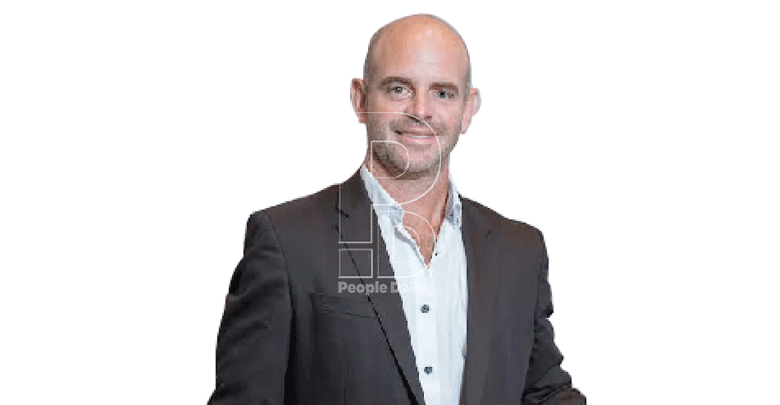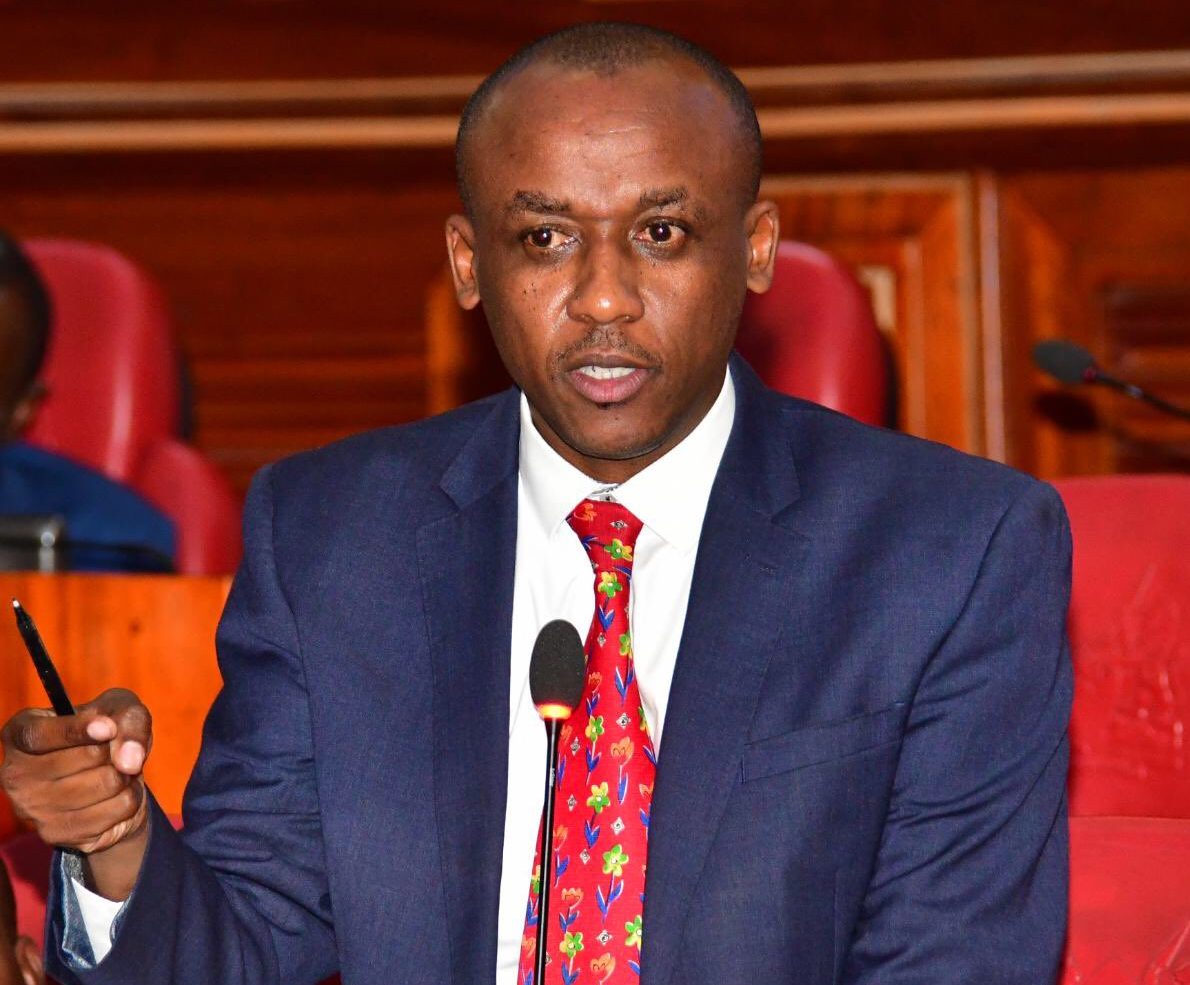Making business sense from building during a pandemic

What difference is there between the African countries you’ve worked in and what is the state of Kenya’s real state?
Every African country has its own nuance. Each country has its own unique laws and tax regimes so we treat each country on it’s own merit.
We always have a local partner to help us understand how operations work in each country.
People living in the diaspora are also important to us as we are attracting them back to the local environment.
The reason we are focusing on Kenya at the moment is because of the opportunities available and the ease of doing business here.
We have found that real estate is really deep in Kenya compared to a lot of other African countries and that a lot of influential family businesses understand real estate and have big real estate portfolios.
Your company has grown so fast in just a few years, what have you tapped into that other developers haven’t?
It’s in the relationships that we have with clients and being able to listen to what our clients want. We are not the typical real estate developer that buys a piece of land and builds a property hoping that people will just come and rent it.
What we do is understand our stakeholders businesses and create a real estate solution that adds to their business.
We create bespoke solutions for them rather than going out and building something that we think is in the market.
What do international investors look for when they want to work with a developer?
They look for people who can create real estate solutions that suit their needs.
We don’t have experts sitting in an ivory tower outside of Africa, managing things remotely. We are on the ground.
If someone is travelling to Kenya, they can reach our colleagues in the office, who will tell them what’s happening in Nairobi, which I think most international investors miss.
Talk briefly about your partnership with Buildher Kenya. How did you come about and why are you so passionate about it?
We have always been very passionate about women in the workplace. And if you look at our business to date, we’ve got women represented on our board, all the way down through our business.
And the reason for that is historically,construction has always been considered a man’s job, which we don’t believe.
The excellent work done by Buildher Kenya, a non-profit operation in equipping women with the right professional and life skills not only plays a huge role in breaking down gender barriers, but supports the long-term sustainability of our industry.
Recently, we handed over a donation of Sh4.3 million ($40,000) to the organisation to support one enrollment of women to undergo training and sit for the industry exam. We’ll be following their development with keen interest.
So how was the pandemic year for you and how did you manage to have major deals when other developers were closing shop?
In 2020, we actually signed up more businesses than we had in any other calendar year.
And I think the reason for that is we put in good cash with regards to pushing projects forward.
Everyone was cutting back on speed and budget,yet they wanted the real estate projects to go ahead.
We had the equity to push forward on our clients’ projects so they could focus on their core business and not worry about their projects.
We’ve got over 12 projects worth Sh43.4 billion ($400 million) on the go at the moment in projects in Kenya, Ethiopia, Uganda, Nigeria, Ghana, Morocco, Mauritius, and Mozambique. Within 10 years, as well, there’s going to be some works on Buffalo Mall in Naivasha.
You are also working on the creation of data centre projects in Africa. Why is there a rise in such?
Historically, if you look at Africa, it often skips a generation. And what I mean by that is if you look at retail or even communication, cellular, there’s a lot of new infrastructure that’s coming into Africa, and it’s the latest technology.
For instance, some African countries have got 5G (Fifth generation mobile network), whereas some first world countries don’t have it yet. So there is a big push for cloud based storage globally, which is coming to Africa.
And the reason why we’ve taken an approach to invest in these projects and to carry out these developments is the impact it has on the local communities and what we’ve termed as beyond the fence line.
We are looking at the amounts of power these projects use and the infrastructure that they require often in new areas.
The moral is, as we grow as Africans with regards to technology and understanding, the more need there’s going to be for these data centres.
We are now raising Sh21.7 billion ($200 million), as we move to the forefront in
building data centres across Africa. In fact, data centres are set to account for more than 30 per cent of our latest pipeline expansion, while oil and gas, embassies, corporate offices, logistics and light industry will account for most of the rest.












